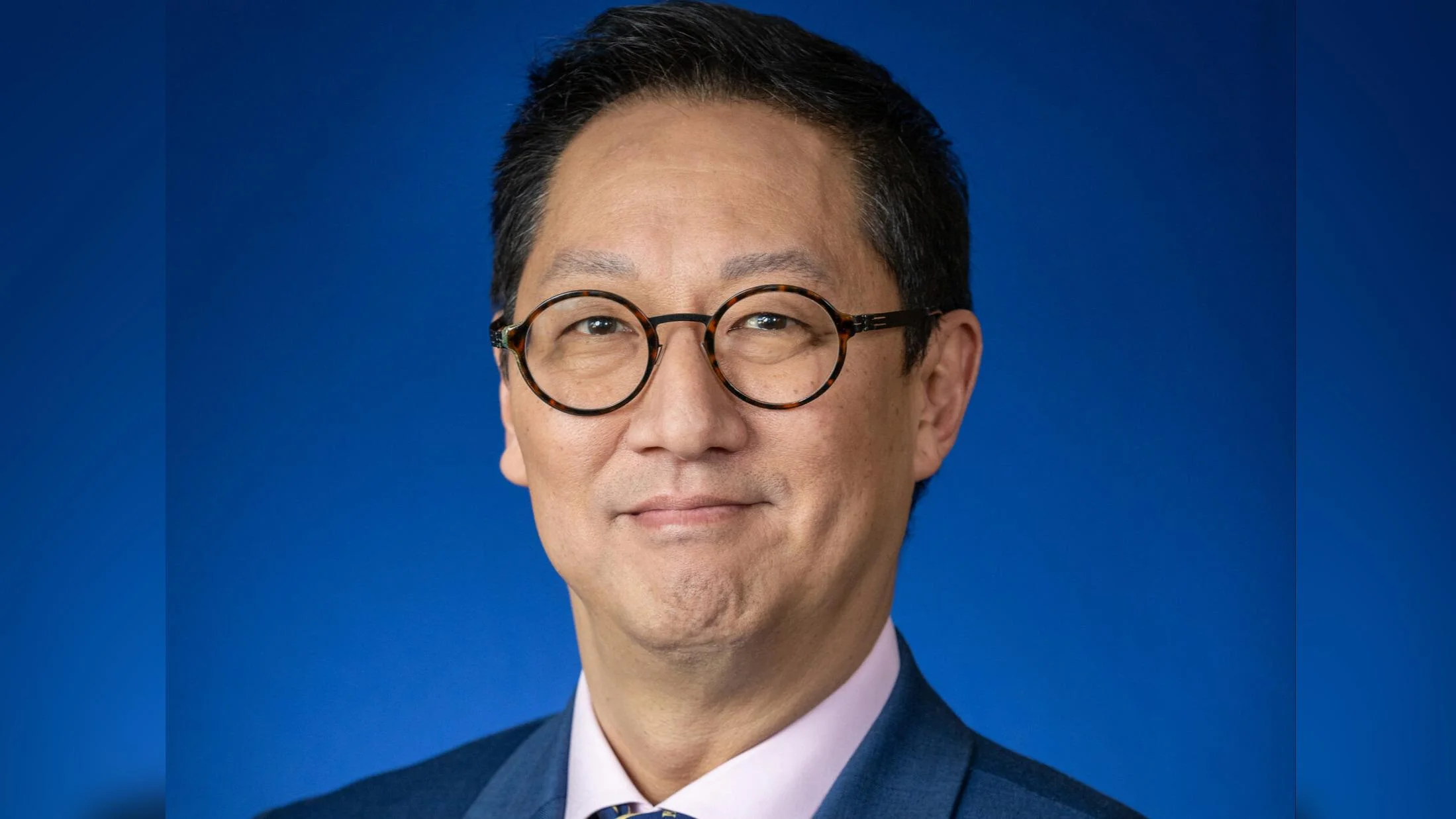Santa J. Ono, Ph.D. President at University of Michigan - Ann Arbor | Official website
Santa J. Ono, Ph.D. President at University of Michigan - Ann Arbor | Official website
The University of Michigan is set to introduce pharmacists into at least five tribal health clinics across Michigan starting in early 2025. This initiative is part of the College of Pharmacy’s Collaborative for Indigenous Resources in Care, Learning and Equity. The program aims to address health disparities by embedding pharmacists within these communities to work closely with physicians and clinic staff.
Nicholas Cushman and Emily Mackler, adjunct faculty members at the College of Pharmacy, have been instrumental in developing this program through three years of engagement with Michigan’s American Indian and Alaska Native communities. Cushman, a member of the Sault Ste. Marie Tribe of Chippewa Indians, has firsthand knowledge of the cultural nuances affecting health behaviors and equity gaps in these communities.
“I’ve seen the strength and resilience of our communities in the face of health care challenges,” said Cushman. He emphasized that partnering with tribal nations would help implement culturally relevant healthcare solutions.
Michigan hosts over 240,000 American Indian and Alaska Native residents across 12 federally recognized tribal nations. These communities face higher rates of chronic conditions such as diabetes compared to other populations.
Emily Mackler noted that integrating pharmacist care into these clinics allows for tailored healthcare solutions meeting community priorities: “We will be able to leverage the success...to really meet the priorities of the tribal health clinics and communities.”
Amy Thompson and Antoinette Coe from U-M's College of Pharmacy lead this collaboration aiming to empower indigenous communities through culturally relevant healthcare strategies. Thompson highlighted plans for regular meetings among tribal pharmacists and enhancing student engagement: “We are committed to advancing a multidisciplinary approach...with an emphasis on meeting distinct health care needs.”
This initiative aligns with similar models like Hae Mi Choe's Pharmacy Practice Model which integrates pharmacists into physician practices statewide. The U.S. Centers for Disease Control has recognized this model for its impact on patient outcomes.
Vicki Ellingrod, dean of the College of Pharmacy, expressed honor in partnering with Indigenous communities: “By listening and learning, we aim to support culturally informed care that truly reflects the values and strengths...as well as our values.”






 Alerts Sign-up
Alerts Sign-up